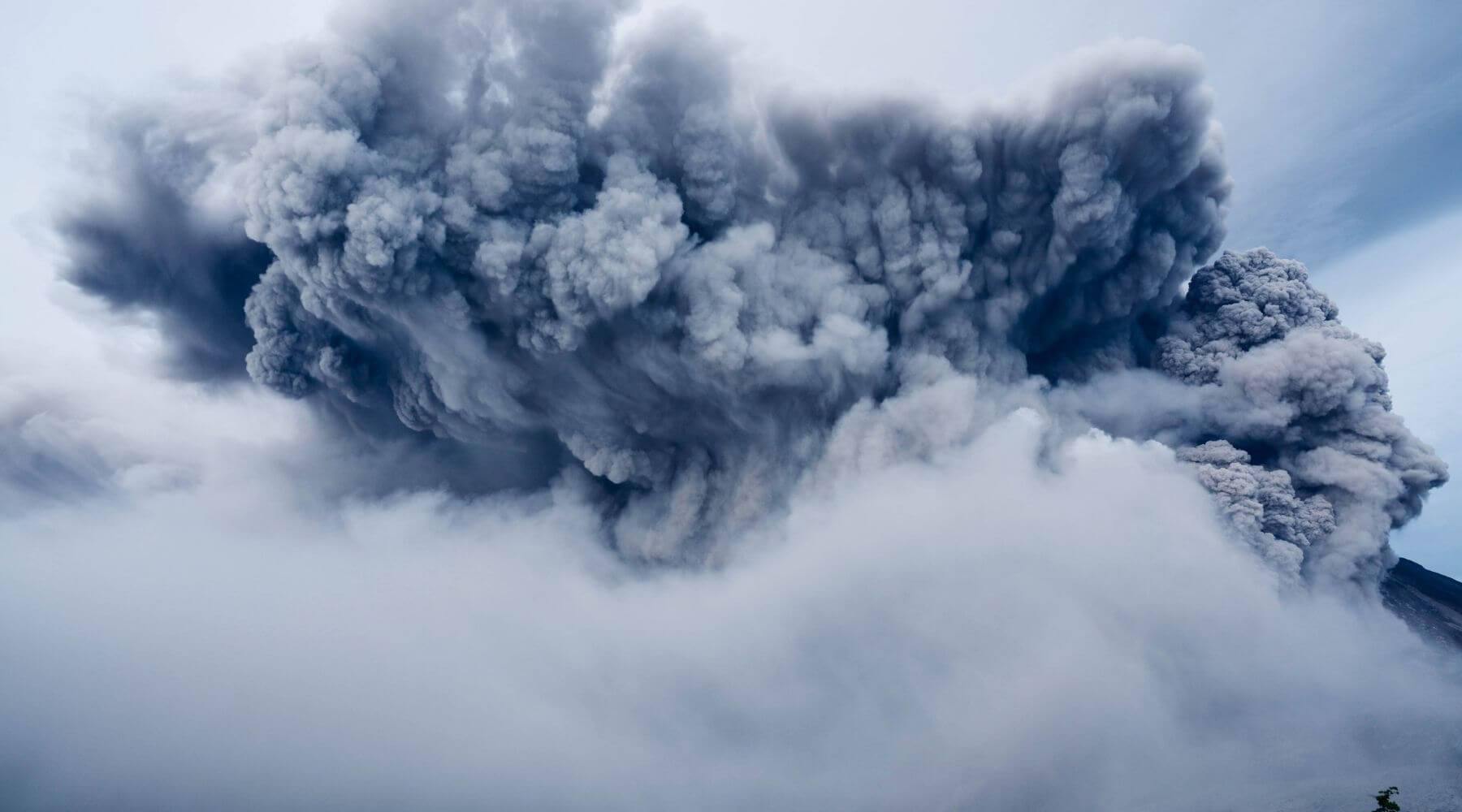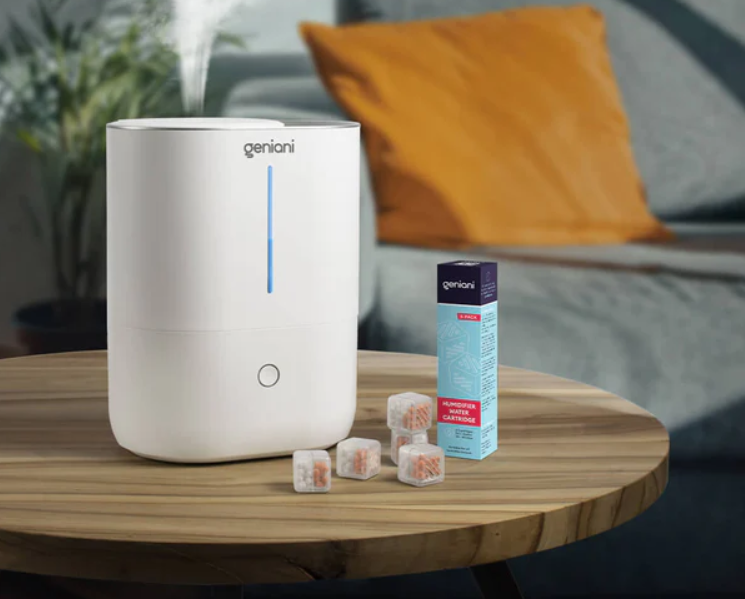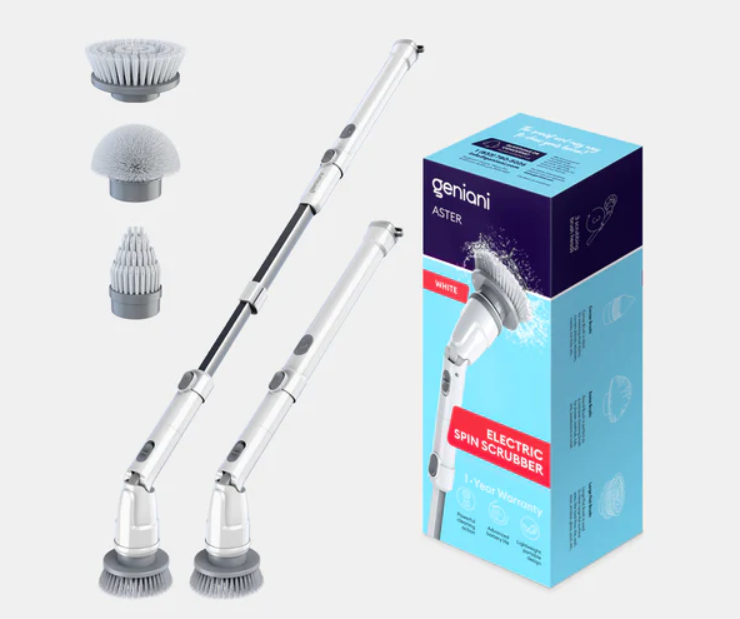But will an air filter help with the smoke? And how can you tell which air purifier is the best for wildfire smoke?
Why Is Wildfire Smoke So Dangerous?

The mix of gases and fine particles found in wildfire smoke is the cause of potentially significant issues from exposure to this smoke in the air. Breathing in wildfire smoke can have nearly immediate effects on health including the following:
- Coughing
- Trouble breathing
- Stinging eyes
- Scratchy throat
- Runny nose
- Chest pain
- Headaches
- Asthma attacks
- Fatigue
Respiratory problems
Children are more susceptible to respiratory irritants because their lungs are still developing, and they breathe faster than adults. Particles from smoke can be very small, between 0.4 and 0.7 microns. These particles can be inhaled deeply into the lungs. Particles can also affect healthy people, causing respiratory symptoms, transient reductions in lung function, and pulmonary inflammation. Particulate matter can also affect the body’s immune system and the physiological mechanisms that remove inhaled foreign materials from the lungs, such as pollen and bacteria.
Scratchy throat and runny nose

Dry and polluted indoor air can make your throat feel rough and scratchy. Breathing through your mouth — often because of chronic nasal congestion — also can cause a dry, sore throat. But your throat could also get irritated by things such as dry air, heavy pollution, or tobacco smoke. Smoking or chemicals inside the home can also cause a sore throat. Bad air pollution can also irritate it.
Asthma attacks
Other forms of air pollution may also trigger your asthma. People with asthma are at greater risk of breathing in small particles. The particles can make asthma worse. Both long-term and short-term exposure can cause health problems such as reduced lung function and more asthma attacks. Ozone triggers asthma because it is very irritating to the lungs and airways. It is well known that ozone concentration is directly related to asthma attacks. It has also caused the need for more doses of asthma drugs and emergency treatment for asthma. Ozone can reduce lung function. Ozone can make it more difficult for you to breathe deeply. Long-term and short-term exposure can cause health problems such as reduced lung function and more asthma attacks. Ozone is a major factor in causing asthma (or making it worse), and nitrogen dioxide and sulfur dioxide can also cause asthma, bronchial symptoms, lung inflammation, and reduced lung function.
Air Purifier for Smoke

Almost everyone has heard about this type of device. The idea is simply to filter the air and remove the smoke, nicotine, and tar. Eliminate cigarette smoke odor, gases, and particles from tobacco in your home with a good air purifier. Before choosing the best air purifier for smoke, it’s important for you to first understand a few things about this technology. 99% of air purifiers are designed to get rid of particles that make up allergens, dust, and pet dander. A True HEPA filtering system removes 99.97% of particles .3 microns and larger. This includes visible smoke. Look for an Activated Carbon Filter, which absorbs the smoke odor. Only an air purifier that can absorb the gaseous pollutants from smoke will work to purify the air in your home. Although they’re less economical than the other methods, air purifiers will remove all traces of smoke smell and other odors from the air. People who buy an air purifier for their home or office will get rid of pet dander, allergens, smoke and just improve their air quality.
Dangerous Forest Fire Smoke

If you are in an area affected by wildfire, you already know that smoke is composed of a tremendous concentration of very fine particulate matter that can wreak havoc on your health. Even if you seal yourself up in your home, those microscopic particles carried by the wind can seep into your house. These are the 5 most dangerous areas in the USA because of wildfires.
California
California tops our list of most dangerous states to live in for wildfires. California’s elevated property values may contribute to the high property damage spending, so be sure to research your community’s historic wildfire data before deciding where to invest in your new home.
Texas
Nevada
Nevada lands at number three on our list, mostly because of the sheer number of acres that wildfires burned in the state. After losing 1.3 million acres to flames, Nevada experienced the second-highest wildfire coverage in 2017—cumulatively covering an area the size of Delaware.
Washington
Kansas
Kansas might not be the first state that comes to mind when you think of wildfire danger, but its combination of acres burned and property damage spending places it at number five on our list. The Sunflower State’s expansive prairies are quite susceptible to fires under the right conditions, so moving here could put your home on the range at risk.
Who’s Most at Risk from Wildfire Smoke

The fact is that we’re all at risk from the effects of wildfire smoke. It’s not a secret that particulate matter can travel thousands of miles through the air. But there are people who are more at risk than others.
People with heart and lung diseases
Studies have shown that people with these conditions facing irregular heartbeat, heart attacks, decreased lung function, worsening asthma, and even premature death.
The elderly
They often have a pre-existing heart or lung condition which makes them more susceptible to the harmful effects of wildfire smoke.
Children
Why are they in high risk? It is because of their developing respiratory systems. Children also breathe in more air than adults because their bodies are smaller. They often spend more time outdoors too. This fact increases their exposure to smoke particulate matter.
People with diabetes
Some of these individuals have an underlying heart or respiratory condition which can be further complicated by breathing in smoke.
Pregnant women
Exposure to wildfire smoke for this group can cause complications for both the mother and the baby. Therefore, it’s a good idea to have a dedicated air purifier for wildfires in the nursery and main living area of the home.
Tips to Reduce Wildfire Smoke
Before, during, and after a wildfire, smoke will be a major issue that many homeowners will have to consider in preparation to remove the potential smoke exposure that can occur inside of a home.
There are a few tips for everyone.
Stay Inside

It is really critical to stay indoors when wildfire smoke is flooding the outdoor air in big plumes. You should avoid any exposure to this potentially hazardous smoke that is in the air. Inside your home, you will need to lock down the home and make it a barrier. All doors and windows should be closed all the time.
Use a Face Mask for Wildfire Smoke
Wildfire smoke can lead to irritation of the eyes, nose, throat, and lungs, which means some serious consequences. If you have to go a wildfire is taking place near the area it will be necessary to own and utilize a face mask for wildfire smoke.
Reduce Indoor Air Pollutants
Within a home, there are a variety of things that can be a source of pollutants. Candles, chemical cleaners, fireplaces, air-freshening sprays can produce pollutants in the indoor air. Therefore, the best decision is to avoid the use of these sources of pollutants in your home during a wildfire. It will help you minimize the levels of pollutants indoors that can be potentially hazardous to human health.
Portable Air Purifier
The complexity of wildfire smoke and the various components can be challenging to remove from the air. Especially removing it completely from the air. A portable air purifier will be the best source of help when it comes to filtering and removing airborne pollutants from the air. Therefore, it is very important to carefully select your air purifier.
What to Look for in an Air Filter for Fire Smoke
Modern air purifiers do a great job of cleaning the air in your home. It’s not just about allergens and dust, an air purifier is also excellent for removing unpleasant odors and dangerous smoke.
You may think that an expensive or best-looking machine is your best choice. However, we highly caution you because you could be making a costly mistake.
What should you know before buying an air purifier for reducing smoke? There are two key features you need to look for:
- True HEPA filter
- Activated Carbon filter
There are many air purifiers out there that may contain one of these filters but not both.
Common air pollutants in our homes
Indoor pollution is a common issue for many of us. Some of us can open windows and let fresh air in for a while, to resolve some light problems. But the fact is that’s a temporary solution – it won’t fix the source of the problem.
While there are too many to list here, some of the most common problems that cause health issues are:
- Allergens from plants and other materials
- Pet odors, hair, and allergen problems
- Bad smells from a variety of sources
- Sneezing, coughing, and sniffling
- Red eyes or scratchy skin due to airborne elements
- Dust mite problems
- Stale air that doesn’t smell fresh
- Dust problems
- Volatile organic chemical (VOC) substances from chemicals or other sources
Therefore, an air purifier is excellent at trapping almost all airborne contaminants, it’s the best choice for someone who has asthma or suffers from allergies. The HEPA type air purifier is essential for every pet owner! This useful device is amazing at trapping dust, pollen, mold, and dander. A good air purifier will keep your home fresh and clean.
How do air purifiers work and do they have health risks
Modern air purifiers do a great job of cleaning the air in your home. But not all of you know about different types of air purifiers. Let’s figure out everything in detail.
UV Air Purifier
This type of unit creates a healthier atmosphere inside your home. UV purifiers kill bacteria and pathogens with electromagnetic radiation. But, unfortunately, they are not so effective for wildfires. UV technology is most often used in conjunction with particulate filter systems. Therefore, they can’t reduce smoke, odors and other unpleasant chemical fumes.
Ionic Air Purifier
One of the many reasons people love ionic purifiers is because they’re so effective at getting rid of second-hand smoke. They are also extremely affordable, despite the many benefits they bring to the table. Ionizers are very effective at removing common household air pollutants but often have trouble removing smoke, volatile organic compounds, and other odors. Ionizers are generally a good way to effectively combat airborne germs that cause illnesses. However, like others, they’re not efficient or effective for the most common air quality problems.
Ozone Air Purifier
Ozone released by ozone generators has three oxygen atoms, one of which can remove itself and then reattach itself to pollutants. These purifiers work by essentially pumping ozone into the home’s air. Unfortunately, a number of health concerns have been raised about ozone over the years. Ozone generators are a poor choice and are potentially harmful. Additionally, they’re very ineffective for air cleaning when compared to HEPA type air purifiers.
Air Purifier with 3 stages of filtration
The use of carbon and true HEPA filters in one is the best choice for those who suffer from wildfire smoke. Carbon air filters and air purifiers are among the most popular when it comes to filtering smoke and other pollutants from the indoor air. While True HEPA filter will help to remove 99.97% of the airborne pollutants in your indoor air. The majority of wildfire smoke falls within the range of 0.4 to 0.7 microns, and the only type of air filter that can trap these particles is a “True HEPA” filter. HEPA filter-based air purifiers produce no harmful by-products and are good for your health. They remove harmful and allergy-causing particulates from the air, leaving only fresh air behind.
Our recommendation for the best air purifier for wildfire smoke
Smoke particles are the primary concern when it comes to wildfire smoke and the dangers when exposure to this smoke occurs in humans. Among air purifiers currently available today on the market, there is a broad range of technologies that each of these air purifiers uses to make the machine efficient in removing pollutants from the air.
But which type of air purifier is best? You should concentrate on these things.
Filters
You should remember that not all air purifiers are designed the same way and each one varies in its effectiveness against smoke. The best filters for reducing wildfire smoke are both carbon and true HEPA together. Ideally, for the best health buy a true HEPA filter-based purifier. These will reduce airborne allergens and particulates that cause problems.
Carbon air filters help a great deal in reducing the contamination of the air in our rooms; however, they do have a lower efficiency level in removing allergens and airborne particles. When used together, they are extremely efficient at trapping and removing lint, mold spores, dander, smoke, and dust.
Size
You should choose a portable air purifier. It is easy to move from room to room, so you can clean the air wherever you want and be sure that everyone at home is safe.
Material
Antimicrobial technology provides extra protection and suppresses mold growth. The antibacterial effects make Geniani one of the best odor eliminators, coming in handy for house owners with pets.
Is an air purifier good or bad for your health?
Yes, the right type of air purifier is good for your health. The wrong type can cause health issues or discomfort. Again, a filter-type based purifier is a much better choice.
As you can see, wildfire particulate matter can make healthy people sick and sick people even sicker. But that doesn’t have to be the case for you, especially if you follow the advice on how to reduce your exposure to forest fire pollutants in the next section.







